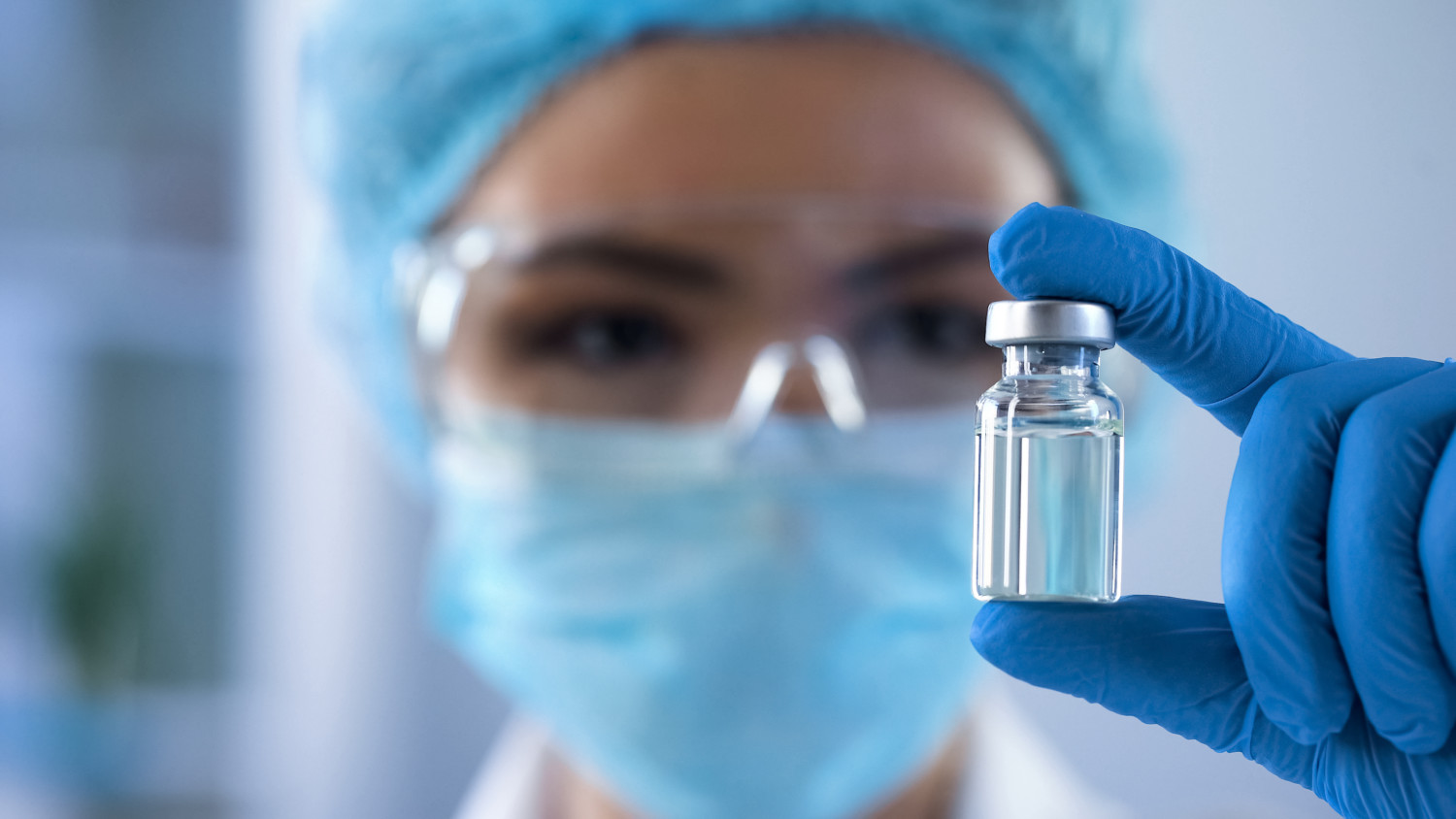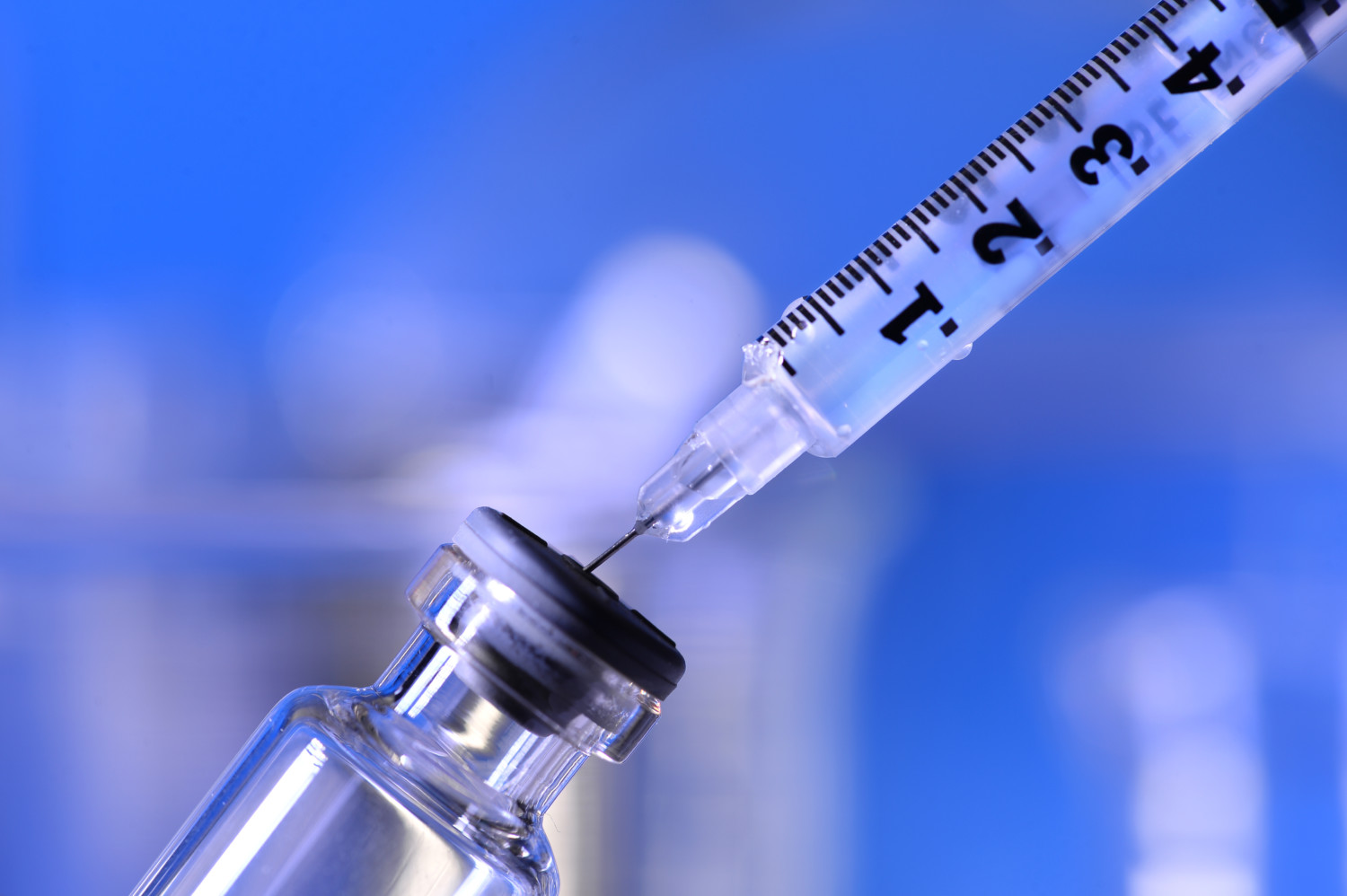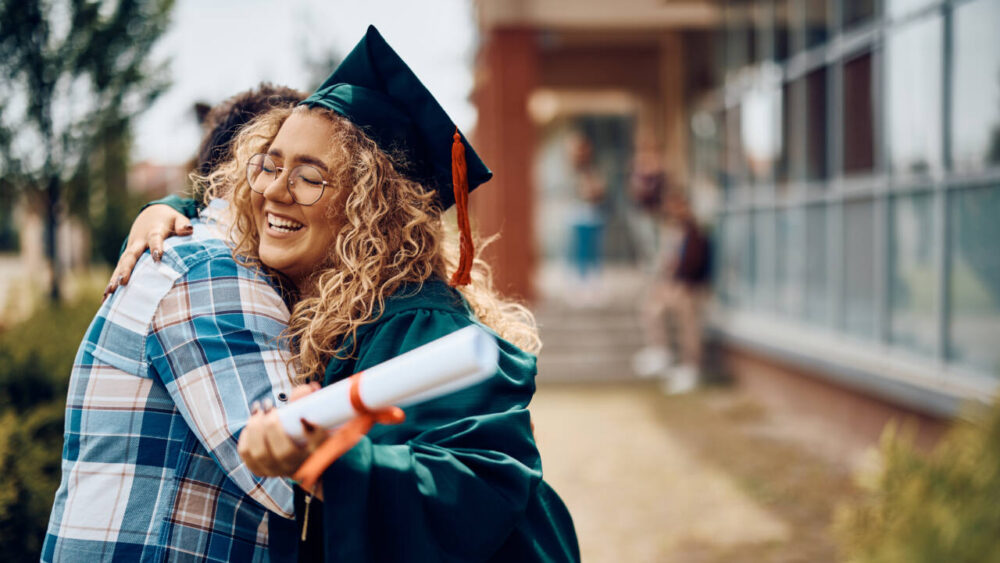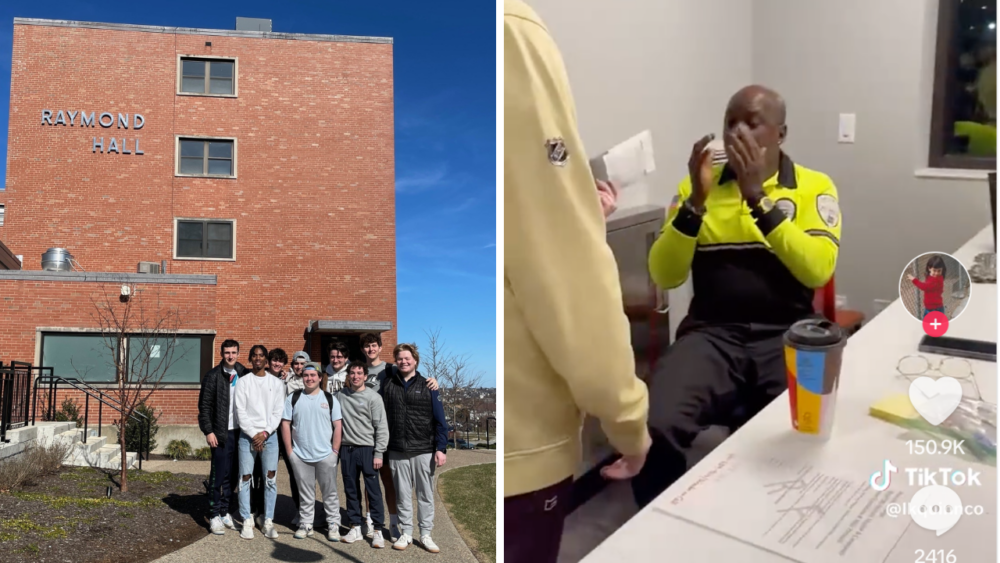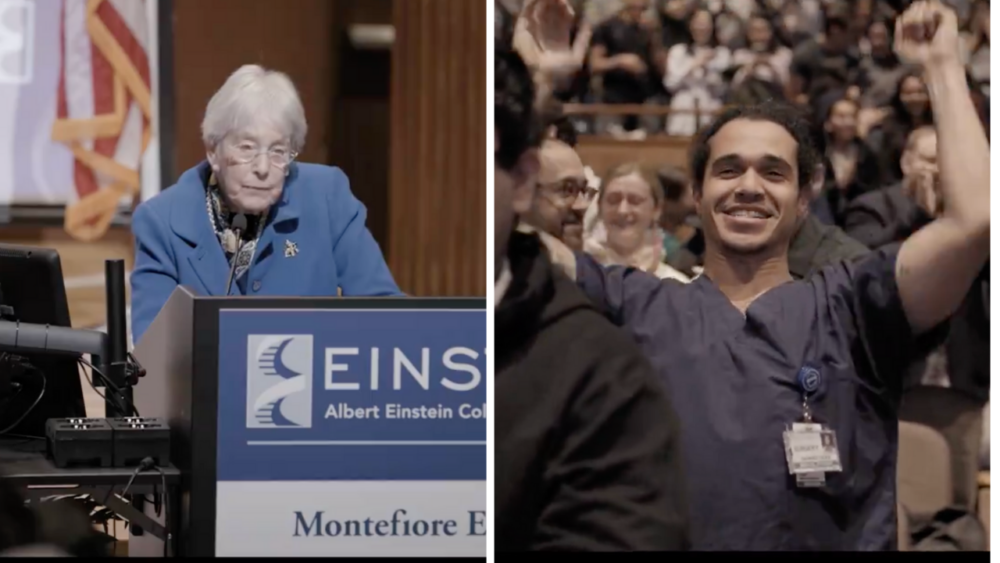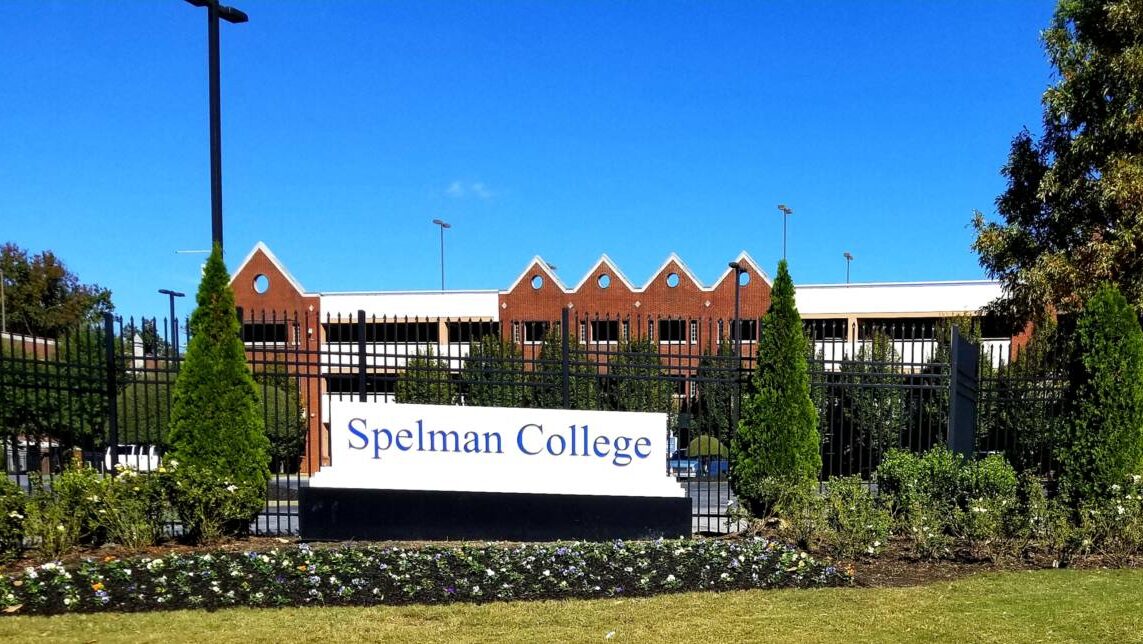Early results show Oxford University coronavirus vaccine is safe and produces immune response
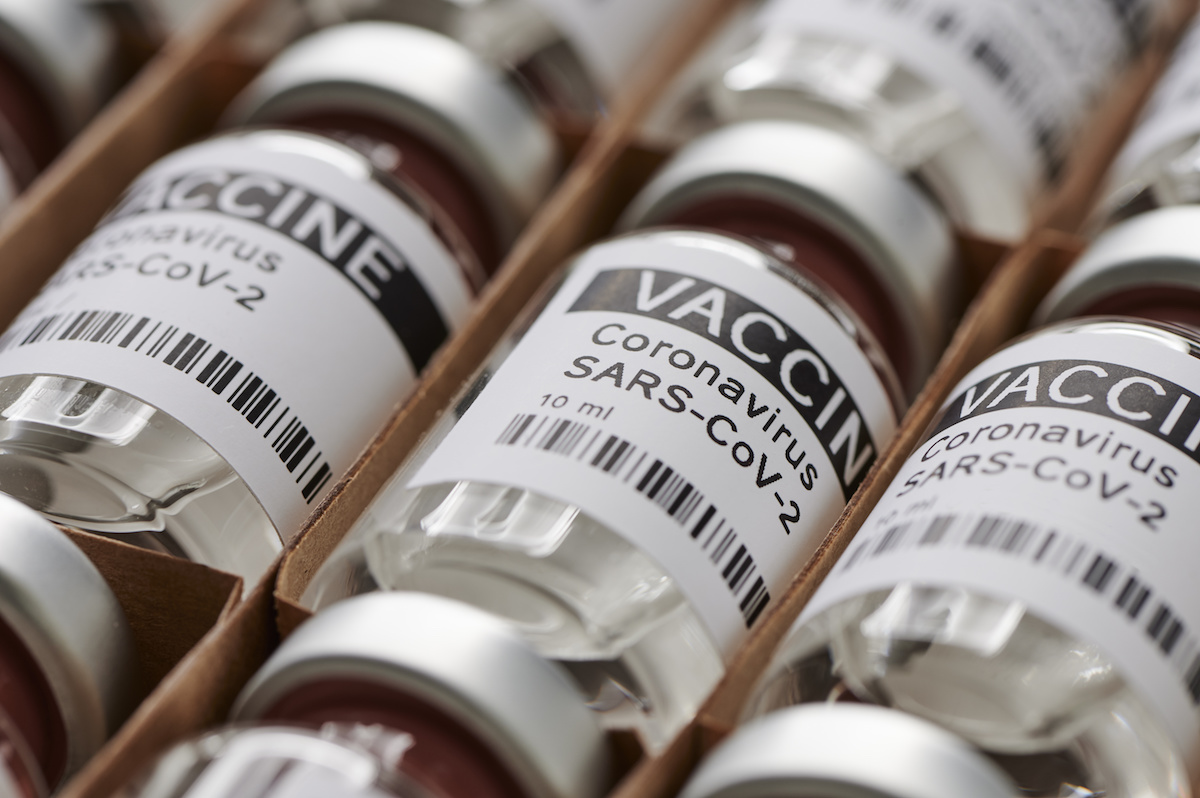
Scientists all over the world have been working on COVID-19 vaccines for months, and there have been positive developments in recent weeks.
Researchers from Oxford University in the United Kingdom have shared early results from a Phase 1/2 trial that suggest their vaccine is safe and induces an immune response. According to medical journal The Lancet, the vaccine provoked an antibody response within 28 days and a T-cell response within 14 days.
The trial included 1,077 people age 18 to 55 with no history of COVID-19 and took place in five U.K. hospitals from late April to late May. The meningococcal conjugate vaccine was given to the control group.
“The immune system has two ways of finding and attacking pathogens — antibody and T cell responses. This vaccine is intended to induce both, so it can attack the virus when it’s circulating in the body, as well as attacking infected cells,” University of Oxford Professor Andrew Pollard, the study’s lead author, said in a statement, per CNBC. “We hope this means the immune system will remember the virus, so that our vaccine will protect people for an extended period.”
The next step in developing the Oxford vaccine is a trial with more than 10,000 people in the U.K. as well as a large trial with 30,000 people in the U.S., 2,000 in South Africa and 5,000 in Brazil.
According to the New York Times Coronavirus Vaccine Tracker, more than 160 vaccines against the coronavirus are in development around the world, 26 of which are currently in human trials, as of July 20.
The first COVID-19 vaccine tested in the U.S., developed by the National Institutes of Health and Moderna Inc., was given to 45 volunteers back in March. On July 14, the researchers got the good news they were hoping for: The volunteers developed neutralizing antibodies in their bloodstream at levels comparable to those found in people who survived COVID-19.
“No matter how you slice this, this is good news,” Dr. Anthony Fauci, the U.S. government’s top infectious disease expert and director of the NIH’s National Institute of Allergy and Infectious Diseases, told The Associated Press.
There were no serious side effects from the NIH/Moderna vaccine, which requires two doses given one month apart. More than half of the study participants reported flu-like reactions that are often experienced with other vaccines, such as chills, fever, fatigue, headache and pain at the injection site. Three participants who received the highest dose reported more severe reactions, but that dose isn’t being pursued.
The next stage for this vaccine, a 30,000-person study, begins around July 27 and will determine whether the shots are strong enough to protect against the coronavirus.
Meanwhile, a third-phase trial of a potential COVID-19 vaccine developed by China’s Sinovac Biotech Ltd has been approved by Bangladesh’s state medical research agency.
The trial, which will be conducted by the International Centre for Diarrhoeal Disease Research, Bangladesh, could begin in August. Mahmood Uz Jahan, director of the Bangladesh Medical Research Council, told Reuters that the trial will involve 4,200 volunteers, half of whom will get vaccinated.
Sinovac is also starting Phase 3 trials of its potential coronavirus vaccine in Brazil.
‘We Need Multiple Vaccines’
Fauci said that while people think “this is a race for one winner,” he is “cheering every one of them on.”
“We need multiple vaccines. We need vaccines for the world, not only for our own country,” he told The Associated Press.
Until we have a coronavirus vaccine, the official advice is clear — wear a face covering in public. According to the head of the Centers for Disease Control and Prevention, the U.S. could get the pandemic under control in one to two months if everybody followed this guidance.
“I think the data is clearly there that masking works,” Redfield said during an interview with the Journal of the American Medical Association on July 14. “I think that if we can get everybody to wear a mask right now, I really do think that over the next four, six, eight weeks, we can bring this epidemic under control.”


